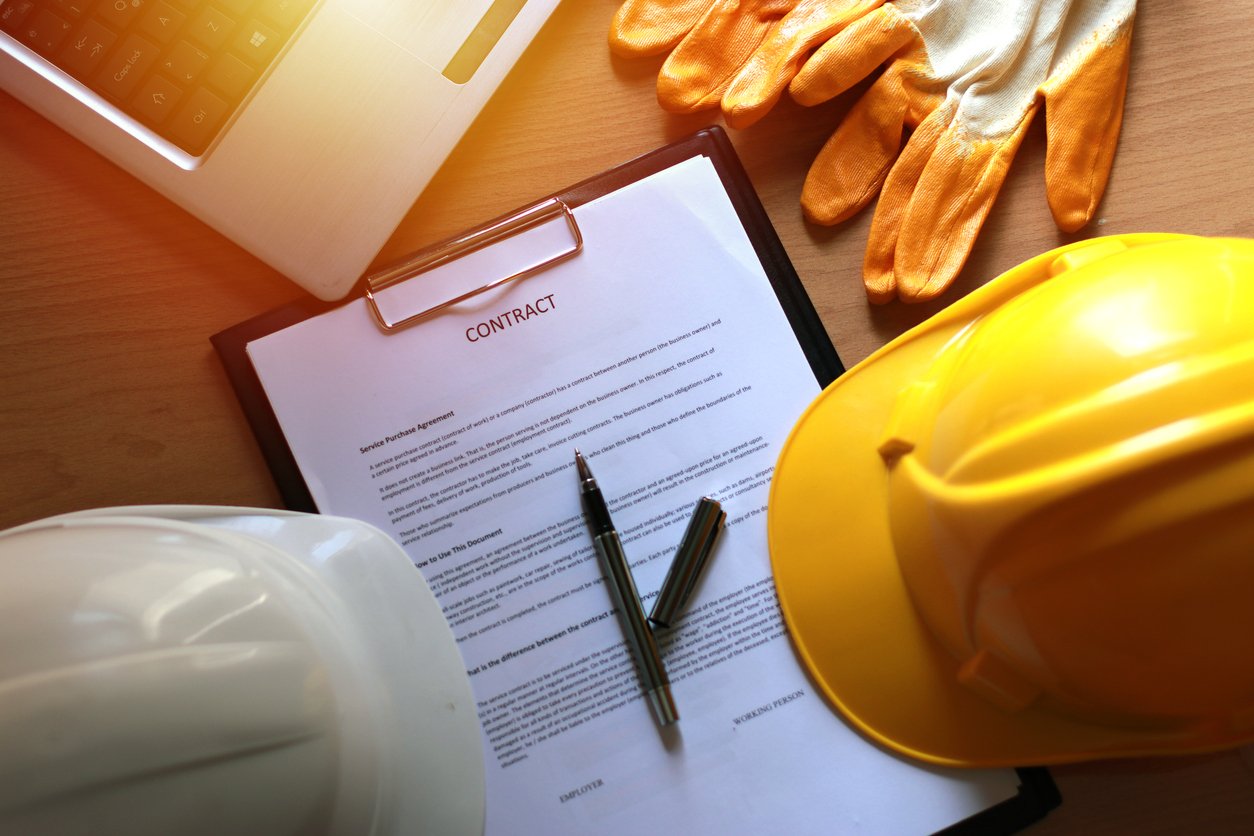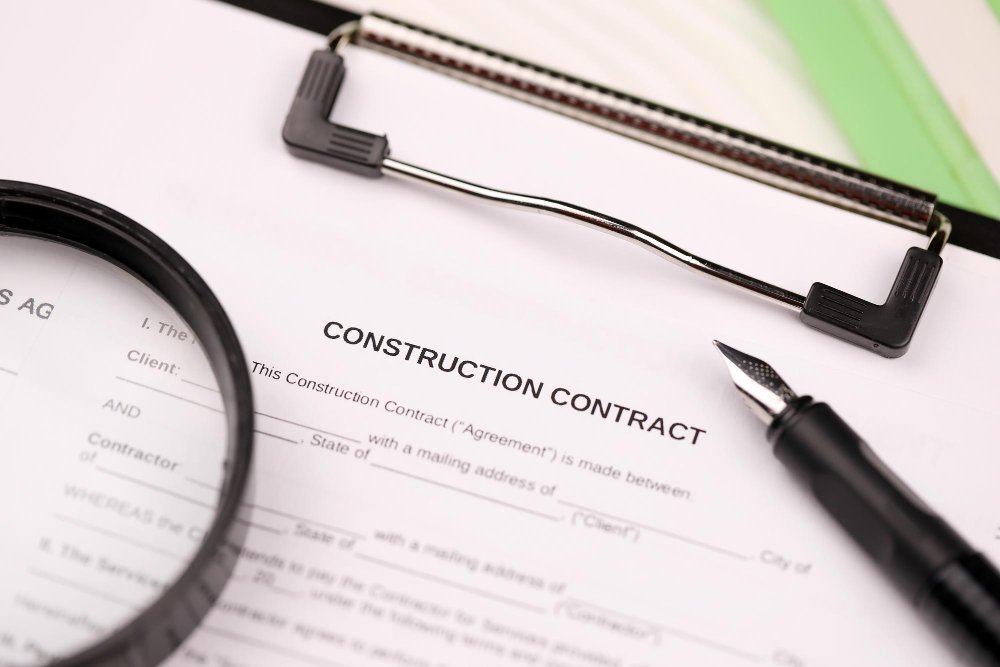When embarking on a construction project, whether it’s a new build, major renovation, or minor improvement, navigating the labyrinth of construction contracts can feel daunting. Understanding the nuances hidden in the fine print is crucial for safeguarding your interests, ensuring compliance, and avoiding misunderstandings. In this article, we’ll demystify construction contracts, highlighting key components and tips for deciphering the essential details. For expert guidance and top-notch service, fill out the form and we will reach you out to you shortly or just call us +1(646)9958888.
What is a Construction Contract?
A construction contract is a legally binding agreement between parties involved in a construction project, typically between the owner and contractor. This document outlines the scope of work, timelines, payment details, responsibilities, and other critical expectations. Adequate understanding of this contract protects the rights of both parties and provides a clear framework for the project.
Types of Construction Contracts
Before delving into the fine print, it’s vital to understand the different types of construction contracts:
- Fixed-Price Contracts: The contractor agrees to complete the project for a specified price. These contracts are straightforward but can lead to disputes if costs exceed the quoted amount.
- Cost-Plus Contracts: The owner pays the contractor for the actual costs incurred in addition to a predetermined fee. While flexible, project costs can quickly escalate.
- Time and Materials Contracts: The owner pays for the time spent on the project and the materials used. These contracts require diligent oversight to avoid unexpected expenses.
- Unit Price Contracts: A fixed rate is established for each unit of work completed. This type is often used in larger projects where measurements are unpredictable.
Key Components of Construction Contracts
Understanding the components of a construction contract will empower you to navigate its complexities. Here are some critical elements often found in the fine print:
1. Scope of Work
This section outlines the specific tasks and responsibilities expected from the contractor. It’s essential to ensure that this is comprehensive and precise, covering everything from labor to materials.
2. Payment Terms
Construction contracts typically include detailed payment schedules, outlining deposit amounts, progress payments, and the final payment upon project completion. Pay close attention to the stipulations regarding late payments or retained amounts.
3. Timelines and Deadlines

The project schedule should be clearly defined, with deadlines for each phase of construction. This section will also cover penalties for delays caused by either party, helping to manage expectations throughout the project.
4. Change Orders
Change orders address adjustments to the original contract scope. Whether it’s due to unforeseen circumstances or owner-initiated changes, the process and costs associated with change orders should be explicitly outlined.
5. Warranties and Guarantees
Look for sections discussing warranties on materials and workmanship. Understanding what is covered and what recourse you have if issues arise post-completion is crucial for protecting your investment.
6. Termination Clauses
These clauses specify the conditions under which either party can terminate the contract. Familiarize yourself with the terms to understand potential consequences and obligations upon termination.
7. Dispute Resolution
An ideal construction contract should include a dispute resolution process, whether it involves mediation, arbitration, or litigation. Clearly stated procedures can save both parties time and costs should disagreements arise.
Tips for Understanding the Fine Print
- Read Thoroughly: Engage with every clause and term within the contract, even those that seem standard.
- Ask Questions: If something is unclear, don’t hesitate to seek clarification from the contractor or a legal expert.
- Consult a Legal Professional: For larger projects or complex contracts, it’s prudent to consult with an attorney who specializes in construction law.
- Document Everything: Keep records of all communications, changes, and agreements made throughout the project to protect your rights.
Final Thoughts
Understanding construction contracts is essential for ensuring a smooth project flow and avoiding future complications. By closely examining the fine print and familiarizing yourself with contract terminology, you can mitigate risks and make informed decisions. Remember, knowledge is power—educate yourself about your rights and responsibilities, and don’t be afraid to seek professional support when needed. Whether you’re a homeowner or a contractor, being proactive in understanding the intricacies of construction contracts is the key to a successful build.
